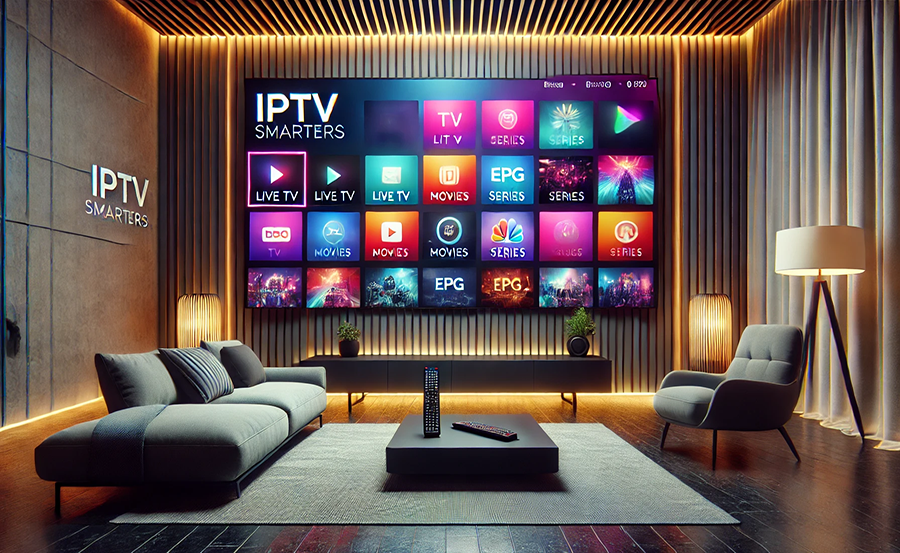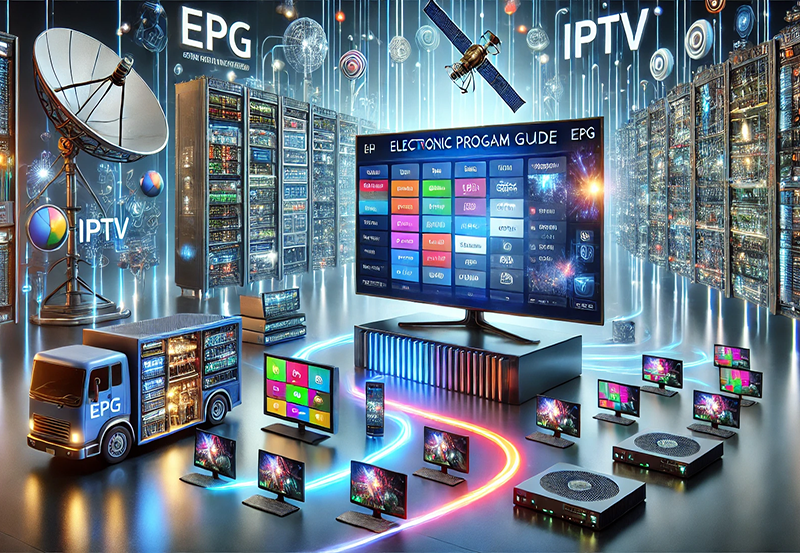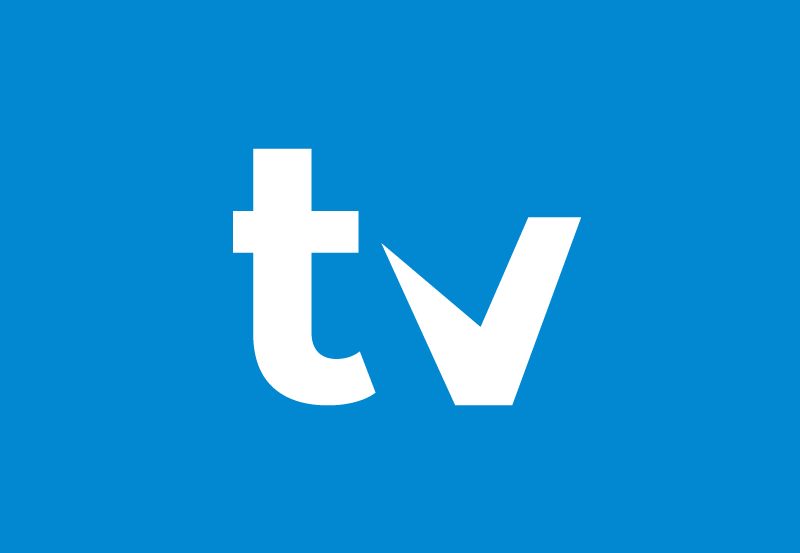In the digital age, choosing the right television service can be as perplexing as choosing what to watch. With so many options hovering over like a mixed bag, the key question remains: should you stick with traditional cable, or dive into the seemingly futuristic world of IPTV? Understanding the nuances of each platform not only affects entertainment choices but also your budget. Let’s unravel this journey you are about to embark upon, delving into the core differences between IPTV Smarters and traditional cable.
Understanding IPTV Smarters
If you’ve recently looked into modern entertainment possibilities, IPTV might have caught your eye. But what, exactly, is IPTV Smarters? Essentially, IPTV Smarters provides users with access to television content over the Internet, bypassing the need for cable or satellite connections. IPTV stands for Internet Protocol Television, and Smarters is a popular application that facilitates its use. The service offers flexibility, variety, and modern integration, allowing seamless connectivity across multiple devices.
Buy 1 Year IPTV Subscription and Enjoy Unlimited Content
How IPTV Works
The underlying technology of IPTV is somewhat akin to streaming services such as Netflix or Hulu. Rather than receiving signals through traditional infrastructure, IPTV is delivered using the web. It harnesses the power of your Internet, requiring broadband connectivity, a recipient device (like smart TVs, smartphones, or streaming boxes), and a subscription from IPTV providers. This tech-savvy method imparts an array of channel access without the clutter of cables.
An advantage of IPTV is its ability to offer customized packages, letting you choose channels based on individual preferences. The concept dwells on providing content on-demand, reshaping the way viewers interact with media.
Benefits of IPTV Smarters
IPTV Smarters doesn’t just herald flexibility, but packs an assortment of benefits that redefine traditional viewing habits. Here’s a quick peek into its merits:
- Access to International Channels: IPTV Smarters lets you explore media from around the globe, tapping into channels far beyond geographical confines.
- VOD and Catch-Up TV: Users can watch Video on Demand, pausing, rewinding, or replaying as desired. With catch-up TV, never miss out on your favorite shows.
- Cost-Effective Packages: Generally, IPTV offers more competitive pricing and packages tailored to the user’s preference, often cheaper than conventional cable plans.
- Ease of Multi-Device Support: Watch on-the-go using multiple devices like laptops, tablets, or even smartphones.
These features boost user convenience, unlocking the ultimate IPTV experience.
Dissecting Traditional Cable
Contrast IPTV’s modern approach with the classic reliability of traditional cable. Despite the surge of internet-based alternatives, cable has long remained a steadfast fixture in the entertainment landscape. At its core, cable television operates by transmitting audio-visual content to your television set through coaxial cables or fiber-optic cables lying underground or overhead.
How Cable TV Works
Cable networks involve a structured setup comprising broadcast centers, head-ends, and intricate wiring connecting distribution points to your residence. Channels are broadcast in a linear fashion, often adhering to scheduled times. Users can access primary, expanded, or premium service tiers based on their subscriptions, which cover a range of standard definitions or high-definition options.
While traditional cable stands as one of the most established forms of content delivery, some features may weigh heavier on the pocket compared to IPTV solutions.
Advantages of Traditional Cable
While modern iterations like IPTV are surging forward with innovation, traditional cable still boasts advantages that keep users tethered. Let’s explore these attributes:
- Consistent Quality: In areas where internet stability may fluctuate, reliable infrastructure affords consistent signal strength and picture clarity.
- Established Brand Reliability: longstanding partnerships and brand recognition impart trust among users.
- Local Broadcasting Channels: Cable often provides a wide selection of regional or local channels not readily available on IPTV platforms.
- Bundled Services: Companies often offer bundled packages with internet and phone, potentially saving on combined costs.
IPTV Smarters vs Traditional Cable: A Comparative Analysis
The battle between IPTV and traditional cable hinges not on which is superior, but rather on individual customer needs and preferences. Considering factors such as cost, quality, and compatibility, let’s delve into the aspects of comparison that may guide your choice.
Cost Considerations
Both IPTV and cable involve subscription fees, but the financial dynamics differ significantly. Typically, IPTV solutions showcase diverse, customizable plans, oftentimes more attractive than cable pricing. With options like monthly, quarterly, or yearly payments, IPTV presents a mélange of plans engineered to fit varied budgets.
Conversely, traditional cable packages might equate to higher ongoing costs, heavily influenced by service tiers, add-ons, or premium channels. However, the bundling of services can sometimes offset the total expenditure, potentially saving cost-conscious customers from financial backlashes.
Content Variety and Accessibility
The breadth of content becomes a deciding factor for many users. IPTV’s ability to traverse geographical limitations allows users a smorgasbord of offerings from different countries, intersecting genres that cater to eclectic tastes. This makes for an enriching experience light-years from conventional constraints.
Traditional cable provides a steady library but is markedly limited to regional selections. Accessibility becomes a challenge, especially for those seeking niche channels or international content that typical cable providers may not offer, forming part of the best IPTV deals enticing today’s audience.
Technological Integration
The nature of IPTV stems from its symbiotic relationship with the internet, making the platform more adaptable for various devices. IPTV Smarters leverages modern advancements to offer compatibility across smartphones, tablets, and laptops.
On the opposite side, while cable offers tech integration through modern set-top boxes, it remains rooted in the television. The limitation inhibits fluid cross-device usage, restricting access away from TV consoles unless additional services are procured.
Security and Privacy Concerns
For every tech-oriented service, security concerns linger—and IPTV is no exception. Various IPTV providers operate within different bounds of legality, and it’s advisable for users to be vigilant, opting for legitimate services. The encryption methods employed by leading providers, however, do ensure a degree of protection, though discerning users will always prioritize verified encryption standards.
Traditional cable, by virtue of its physical medium, sidesteps many of the digital vulnerabilities that IP connectivity entails. Limited exposure to web-related privacy threats it’s often perceived as more secure, though associated company databases still require vigilant protection from potential breaches.
Which Option Should You Choose?
While no singular solution suffices for all, unraveling personal preferences aids in reaching an informed decision. If adaptability, diverse content, and price-conscious offerings are paramount, IPTV Smarters may provide a paradigm shift tailored to modern digital expectations.
In contrast, if you’re searching for traditional steadfast reliability, richer local content, and the comfort of established brands, traditional cable remains a viable choice echoing familiarity and trust.
It all boils down to a matter of perspective—a choice not just of service, but of lifestyle alignment.
An Engaging Farewell
In navigating the treacherous waters between IPTV Smarters and traditional cable, you undertake more than a mere technological choice; you’re plotting a course toward how content shapes your present and future experiences. With each service flaunting unique attributes, this juxtaposition leaves ample room for personal exploration.
Perhaps your decision isn’t set in stone—change is an ever-present facet of tech evolution. Whichever path you choose, may it open doors to a landscape brimming with possibility, boundless discovery, and endless entertainment. Set sail on this exciting adventure, carving it into your narrative with excitement and eagerness.
FAQ Section

What is IPTV?
IPTV, or Internet Protocol Television, is a system where television services are delivered via the Internet rather than traditional terrestrial, satellite, or cable formats.
Are IPTV services legal?
Legitimacy hinges on the provider’s compliance with content licensing laws. Opt for reputable IPTV providers to ensure services are legally offered.
How can IPTV Smarters save money compared to traditional cable?
Due to flexible subscription packages and elimination of infrastructure costs, IPTV Smarters often presents a more economical option tailored to individual viewing needs.
Does IPTV offer local channels?
While IPTV excels in variety and international content, availability of local channels may depend on the provider’s offerings, unlike the more consistent regional coverage seen in cable subscriptions.
What internet speed is necessary for IPTV?
A stable internet connection is crucial for IPTV optimality. It’s generally recommended to have at least a 10 Mbps connection for standard definition streaming and 25 Mbps for high definition content.
Is my existing TV compatible with IPTV Smarters?
IPTV Smarters can be used on smart TVs. For other types of televisions, streaming devices or adapters may be required to enable IPTV content.
How secure is IPTV compared to cable?
IPTV services incorporate encryption for secure streaming, albeit remaining susceptible to digital threats, unlike cable which is generally insulated from online vulnerabilities.
How to Choose the Right IPTV Service Provider




